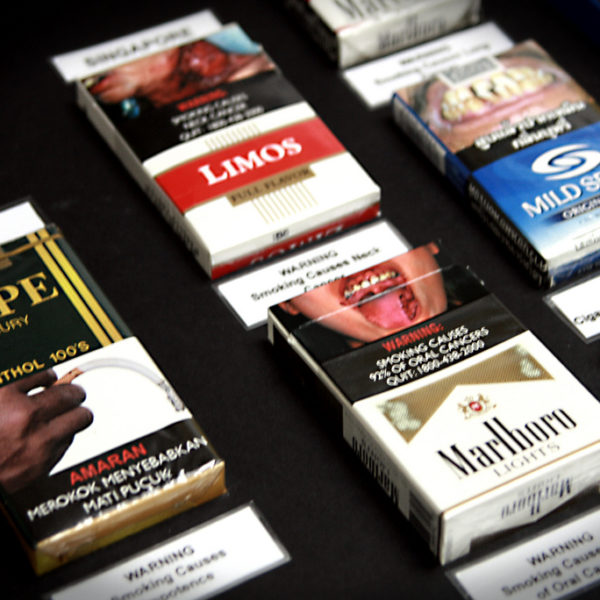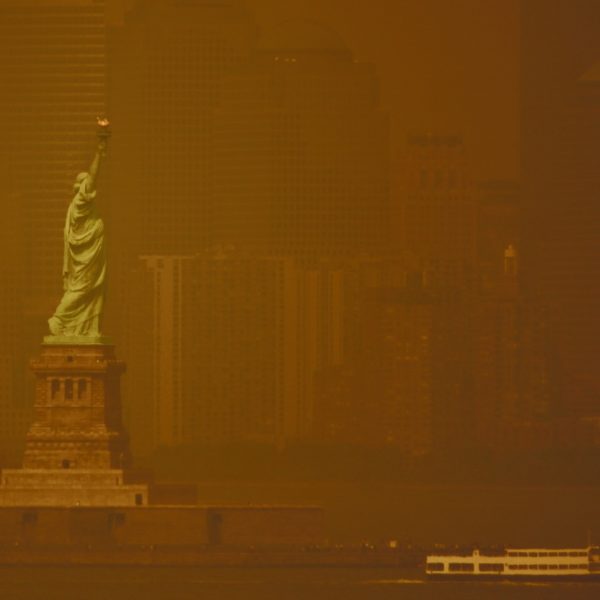
. . . A “nudge”—a term brought to public attention by Cass Sunstein and Richard Thaler—generally refers, in the policy world, to a small modification to an already existing “choice architecture,” some context in which we make decisions; the modification is meant to promote certain decisions over others, in a context where some such promotion is inescapable.

In a recent article defending a “nudge” approach to public policy, where behavioral economics is employed to provide mild modifications of individual preferences and behaviors in ways that serve said individuals’ good, Charles Mathewes and Christina McRorie take Richard Williams to task for his “libertarian” criticisms of the nudge approach. I’m rather sure that the libertarianism they attribute to Williams is neither necessary for his argument or a remotely accurate portrayal of libertarianism as a political philosophy.

We would like to begin with agreement on something fundamental. The team of Mathewes and McRorie are surely correct about the persistence of nudging in our lives. We are nudged by the cereal company that pays to have its product on the top shelf. The little tables at the end of aisles in Barnes and Noble are miniature subdivisions with real estate sold to publishers. Those tiny neighborhoods of books are nudges.
In a recent piece about Les Misérables, which is in general a fine study of the dynamics of law and grace in the film, Michael W. Hannon worries that a view of the state, and the political realm more broadly, as an unnatural institution is insufficient for a vibrant and vigorous engagement of this realm, or as he puts it “our faith in law.” Hannon aptly notes that Valjean, one for whom “it seemed as though he had for a soul the book of the natural law,” is the ideal in Hugo’s work. Valjean’s remarkable conversion, for instance, results in a situation in which he recognizes a greater sense of moral obligation rather than less.